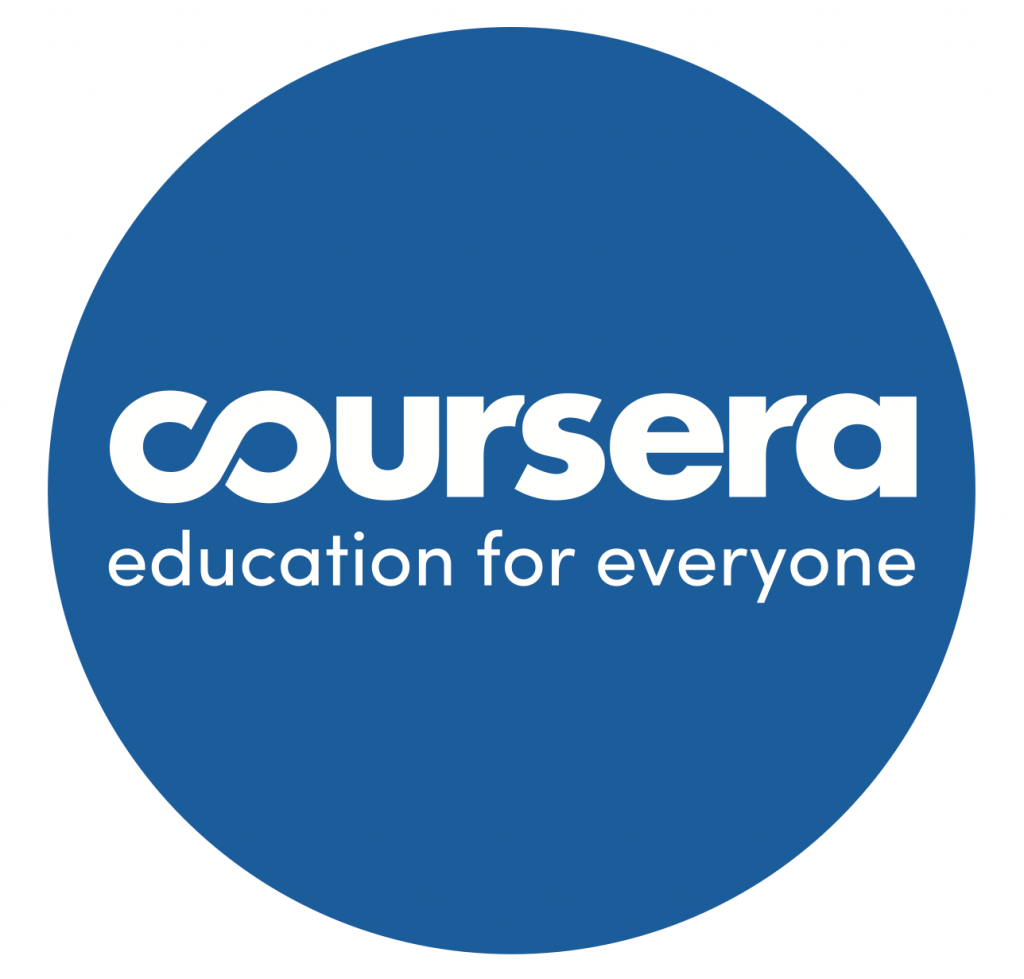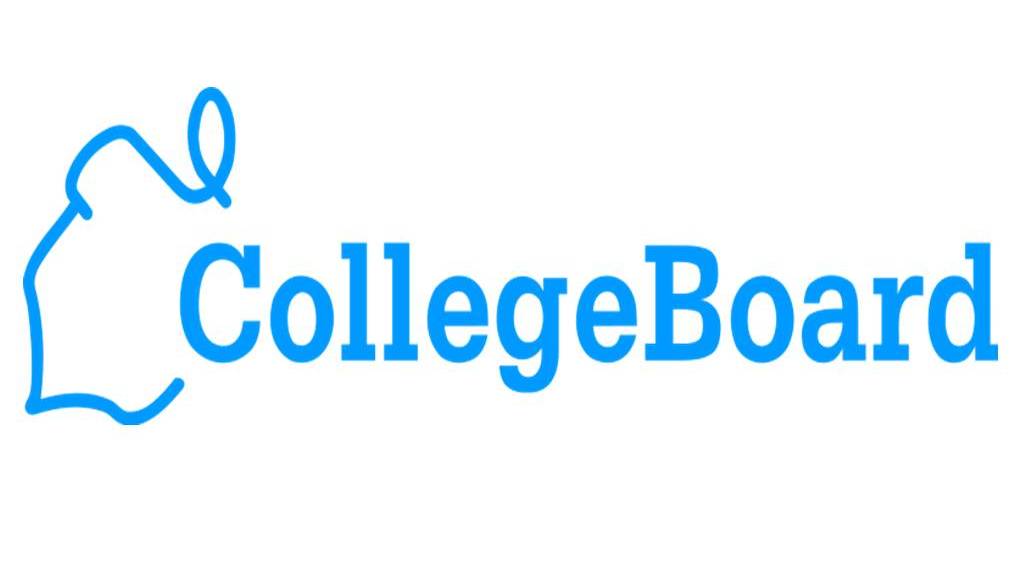Class of 2021 Admit Rates and Final Numbers
Regular decision is in full swing, and some colleges and universities have released their admit rates and final numbers for the class of 2021. As in years past, schools have seen record application numbers (Georgetown, Georgia Tech, Williams from the list below). Remember this fall when UCLA released they had over 100k apps this year!?!?! As a result, gone are the days of applying to just a few select schools, although it’s possible if you approach creating your college list realistically and strategically.
In our work with applicants, we focus on creating a list that makes sense and doesn’t leave you with an insane amount of apps to complete. Some students, though, apply to 15 or even more schools. During the last two admissions seasons, I had a student apply to 20 colleges. I did not advise this, but my guess is against the advice of many counselors, students and parents are pressing submit on as many schools as they can. Partly because of how competitive the RD round can be and they took some risks early; partly because they can afford it. There are probably other reasons, but these are the two I most frequently encounter.
In addition to surging application numbers (thank you, Common Application!), the competition is fierce. There’s a chance the profile that might’ve gotten you into your dream school a few years ago won’t hold up in the current admissions landscape, but have hope! Some school’s admit rates are remaining constant (Boston College), and there are more ways today than ever before to demonstrate to your dream school that you are a perfect fit and that they are your #1! I am a big fan of connecting with schools via social media, as well as having a strong online presence via LinkedIn, and believe your digital footprint and the presence of a digital portfolio can help not hurt you in the college application process.
Anyway, back to the news. Thanks always to College Kickstart for providing all of our admissions-related data needs.
| Institution | Applied | Admitted | Rate | |
|---|---|---|---|---|
| Boston College | 28,500 | 9,200 | 32% | |
| Georgetown | 21,459 | 3,219 | 15% | |
| Georgia Tech | 31,484 | 7,297 | 23% | |
| Johns Hopkins | 26,578 | 3,133 | 12% | |
| Middlebury | 8,910 | 1,753 | 20% | |
| MIT | 20,247 | 1,438 | 7% | |
| Pomona | 9,046 | 741 | 8% | |
| Swarthmore | 9,383 | 960 | 10% | |
| Virginia | 36,807 | 9,957 | 27% | |
| Wellesley | 5,700 | 1,197 | 21% | |
| Williams | 8,593 | 1,253 | 15% |
You can stay up to date on College Kickstart’s Class of 2021 Overall Admission Rates page.
Stay in the know! Subscribe for college admissions news, tips, and advice.





